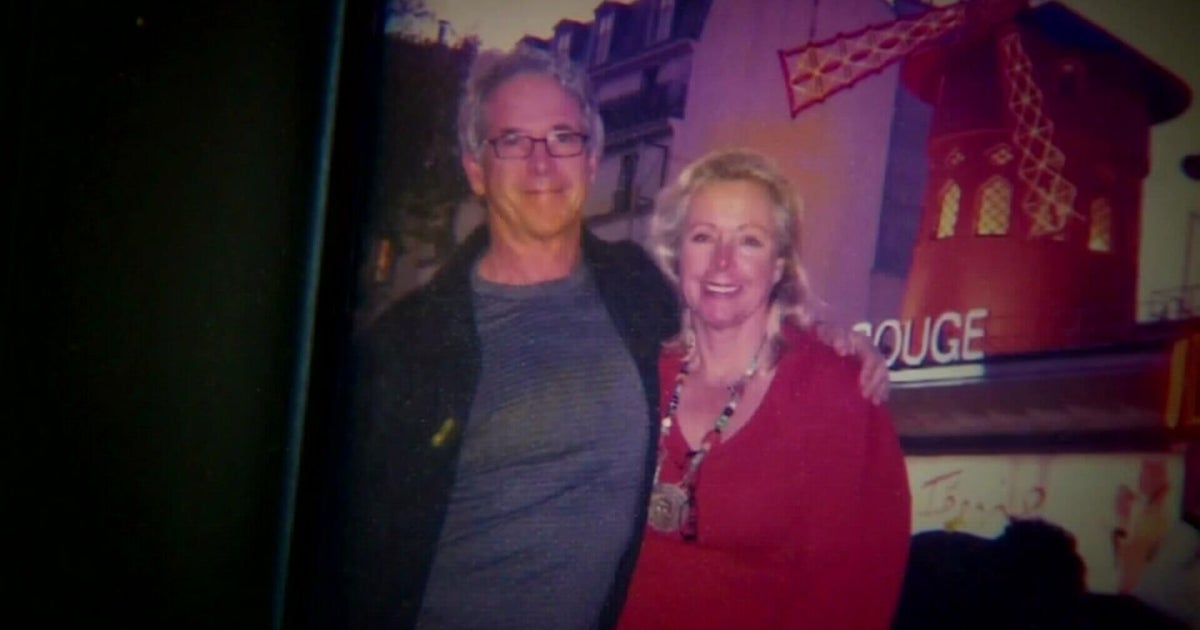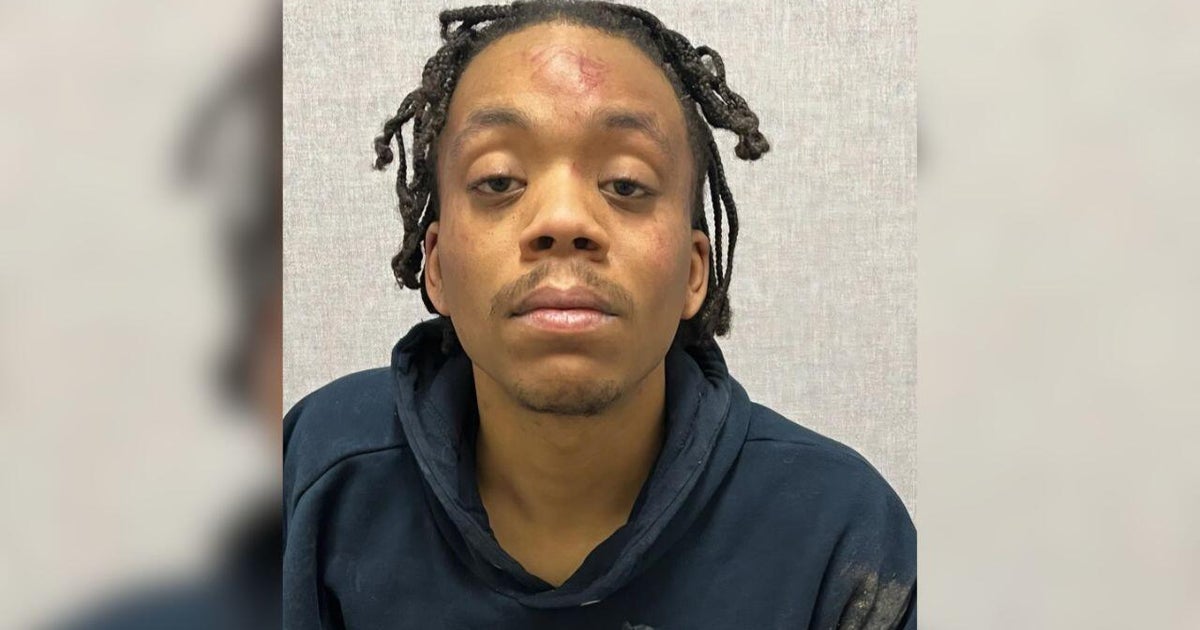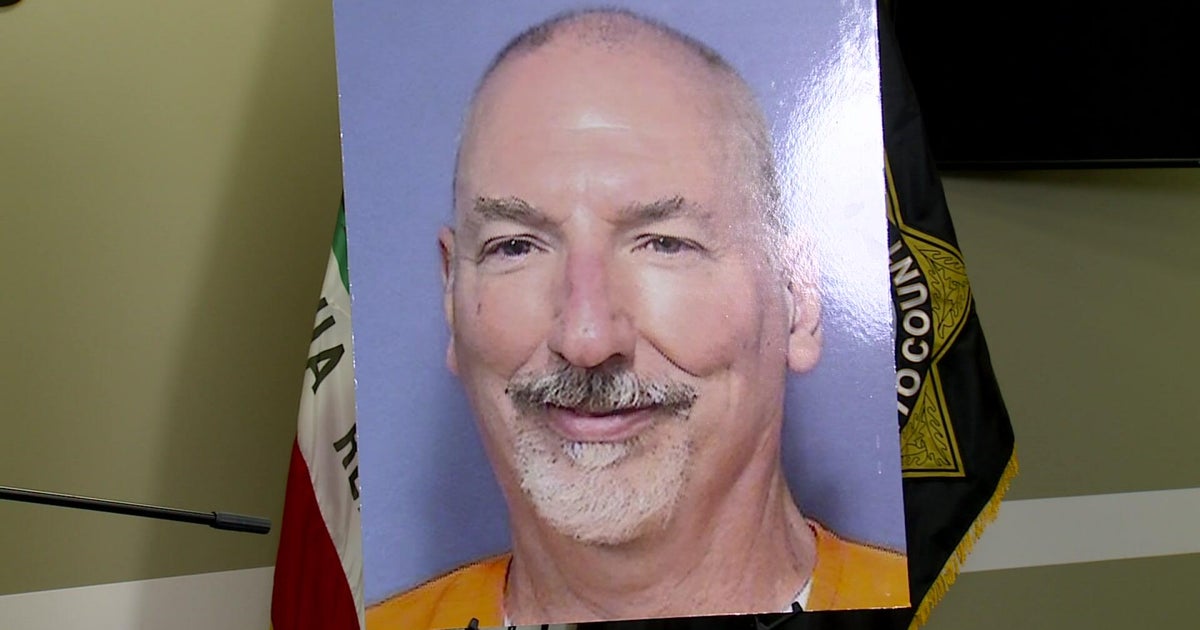Odds Favor 26 Years For Ex-U.Va. Lax Player
RICHMOND, Va. (AP)-- When former University of Virginia lacrosse player George Huguely V is sentenced this week for the slaying of his ex-girlfriend, the odds are a judge will heed a jury's recommended 26-year sentence and Huguely will serve his time in a state prison without the prospect of parole.
Huguely, however, could hasten his release if he is a model inmate.
Huguely, 24, of Chevy Chase, Md., will appear Thursday before Charlottesville Circuit Judge Edward Hogshire to be formally sentenced for second-degree murder in the alcohol-fueled beating death of Yeardley Love in May 2010. The suburban Baltimore woman, who was 22, was a member of the U.Va. women's lacrosse team.
Jurors who convicted Huguely in February of murder and grand larceny recommended the 26-year sentence, and it is rare in Virginia for judges to stray from a jury's recommendations, according to legal experts. Judges cannot increase a jury's recommended sentence, but they can reduce it.
Virginia is among only a handful of states in which jurors recommend sentences in non-capital cases.
"There's no law that judges should leave jury sentences intact, but it is very much the culture and judges feel tremendous pressure, I think, not to modify a jury's sentence," said Steven Benjamin, a Richmond attorney and president of the National Association of Criminal Defense Lawyers.
For a defendant who chooses a jury over a bench trial, as Huguely did, it means the loss of a judge's wider discretion when it comes to sentencing. Jurors also do not review sentencing guidelines, which offer wide latitude on punishments.
"So a defendant who is sentenced by a jury does not generally have an opportunity for any suspended portion of that sentence, but a defendant sentenced by a judge does," Benjamin said. "The result is that there are two standards of sentencing in Virginia."
While Hogshire could depart from the norm, parole won't be an option for Huguely. Virginia abolished it in 1995.
Huguely can reduce his imprisonment by up to 15 percent if he serves his term without incident and he accumulates sentence credits for participating in programs offered by the Virginia Department of Corrections. They include vocational and educational programs and others "deemed most appropriate to meet the offender's needs," according to the corrections department.
"It's expected that you do more than sit in your cell and not do bad things," said Meredith Farrar-Owens, director of the Virginia Criminal Sentencing Commission. "You're supposed to actually earn them."
Including time served since his arrest and trial, Huguely could emerge from prison in approximately 20 years if he shortened his prison term by 15 percent through sentence credits.
After his sentencing Thursday, Huguely would be transferred from his Charlottesville jail cell within 60 days to the state Department of Corrections to be classified under one of six security levels. A spokesman for the department declined to discuss the specifics of the Huguely case and where he might eventually serve his term.
At Huguely's sentencing, prosecutor David Chapman and Huguely attorneys Rhonda Quagliana and Francis McQ. Lawrence could possibly reveal evidence not presented at trial in hopes of swaying Hogshire when he sentences Huguely. Hogshire will also hear from Love's and Huguely's families. It is not known if Huguely will address the court.
Farrar-Owens said a judge typically leaves intact a jury's sentencing recommendation in 75 to 80 percent of trials. Benjamin said he could not immediately recall the last time a Virginia judge bucked the trend.
Huguely's attorneys, then, will have the odds stacked against them when they appeal to Hogshire to reduce his punishment. Hogshire last week rejected the defense motion for a new trial, striking down all of the defense's claims of pre-trial and trial error.
"You can't give up just because it might appear futile," Benjamin said. "It's an attorney's obligation to advocate for his client. It's his duty."
Huguely and Love had an on-again, off-again relationship. Huguely killed Love in the bedroom of her Charlottesville apartment after a day of golfing and heavy drinking.
Love died of blunt force trauma, a medical examiner concluded.
(Copyright 2012 by The Associated Press. All Rights Reserved.)






